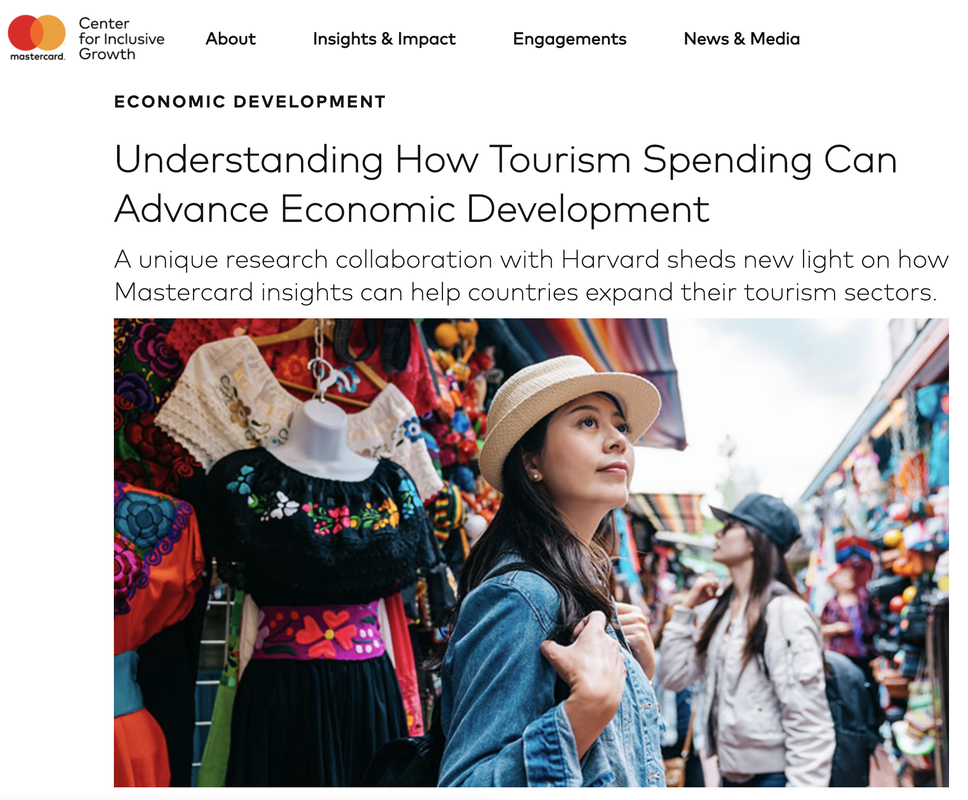-
MYP
- Home
-
IGCSE
- Course information
-
Physical: Hazardous environments
>
- Distribution of tectonic hazards
- Causes of tsunami
- Measuring earthquakes
- Earthquake case study 1: Haiti
- Earthquake case study 2: Christchurch
- Why do earthquakes do more damage in LICs than in HICs?
- How are volcanic eruptions measured?
- Tropical storms - distribution
- Causes of tropical cyclones
- Tropical cyclones - case study
- Why live in hazardous areas?
-
River Environments
>
- Hydrological cycle
- River basins
- Factors affecting river regimes
- Fluvial processes: erosion
- Fluvial processes: weathering and mass movement
- Fluvial processes: transportation and depositon
- River features and their formation
- How rivers change from source to mouth
- Uses of water
- Water pollution
- Water supply
-
IBDP
-
Changing population
>
- Global patterns of economic development
- Physical and human factors affecting global population distribution
- Case study 1: China
- Case study 2: Niger
- Demographic transition
- Megacity growth
- Forced migration and internal displacement
- Ageing populations
- Pro-natalist and anti-natalist policies
- Gender equality policies
- Trafficking policies
- The Demographic Dividend
-
Global climate vulnerability and resilience
>
- Atmospheric system
- The energy balance
- Changes in the energy balance
- The enhanced greenhouse effect
- Climate Change and the Hydrosphere, Atmosphere and Biosphere
- Impacts of climate change on people and places
- Disparities in exposure to climate change risk and vulnerability
- Government-led adaptation and mitigation strategies
- Civil society and corporate strategies
-
Global resource consumption and security
>
- Progress towards poverty reduction
- Measuring trends in global consumption
- Global patterns and trends in the availability and consumption of water
- Global patterns and trends in the availability and consumption of land/food
- Global patterns and trends in the availability and consumption of energy
- Water food and energy nexus
- Recycling and waste
- Malthus vs Boserup
- Resource Stewardship strategies
- Sustainable Development Goals
-
Freshwater - drainage basins
>
- The drainage basin as a system
- How rivers change from source to mouth
- River discharge
- River processes
- River landforms
- Factors affecting flood risk
- Attempts at flood prediction
- Flood mitigation
- Flood mitigation case studies
- Water scarcity
- Agricultural activities and water quality
- Pressures on lakes and aquifers
- Internationally shared water and conflict
- Water management: participation of local communities
- Dams as multi-purpose schemes
- Water management: Integrated Drainage Basin Management (IDBM)
- Managing wetlands
-
Leisure, Sport and Tourism
>
- Growth and purpose of leisure time
- Categories of tourism and sport
- Economic development and participation
- Factors affecting personal participation
- Factors affecting growth of tourism hotspots
- Spheres of influencee
- Factors affecting a national sports league
- Festivals
- Niche national tourism strategies
- Role of TNCs
- Tourism as a national development strategy
- International sporting events
- Consequences of unsustainable growth
- Sustainable tourism
- Future international tourism
- Political and cultural influences on sport
- Extended Essay in Geography >
- Skills/concepts >
-
Changing population
>
- Geography and ToK
- Theory of Knowledge
Study Guide
Costs and benefits of tourism as a national development strategy, including economic and social/cultural effect.
Your browser does not support viewing this document. Click here to download the document.
Your browser does not support viewing this document. Click here to download the document.
